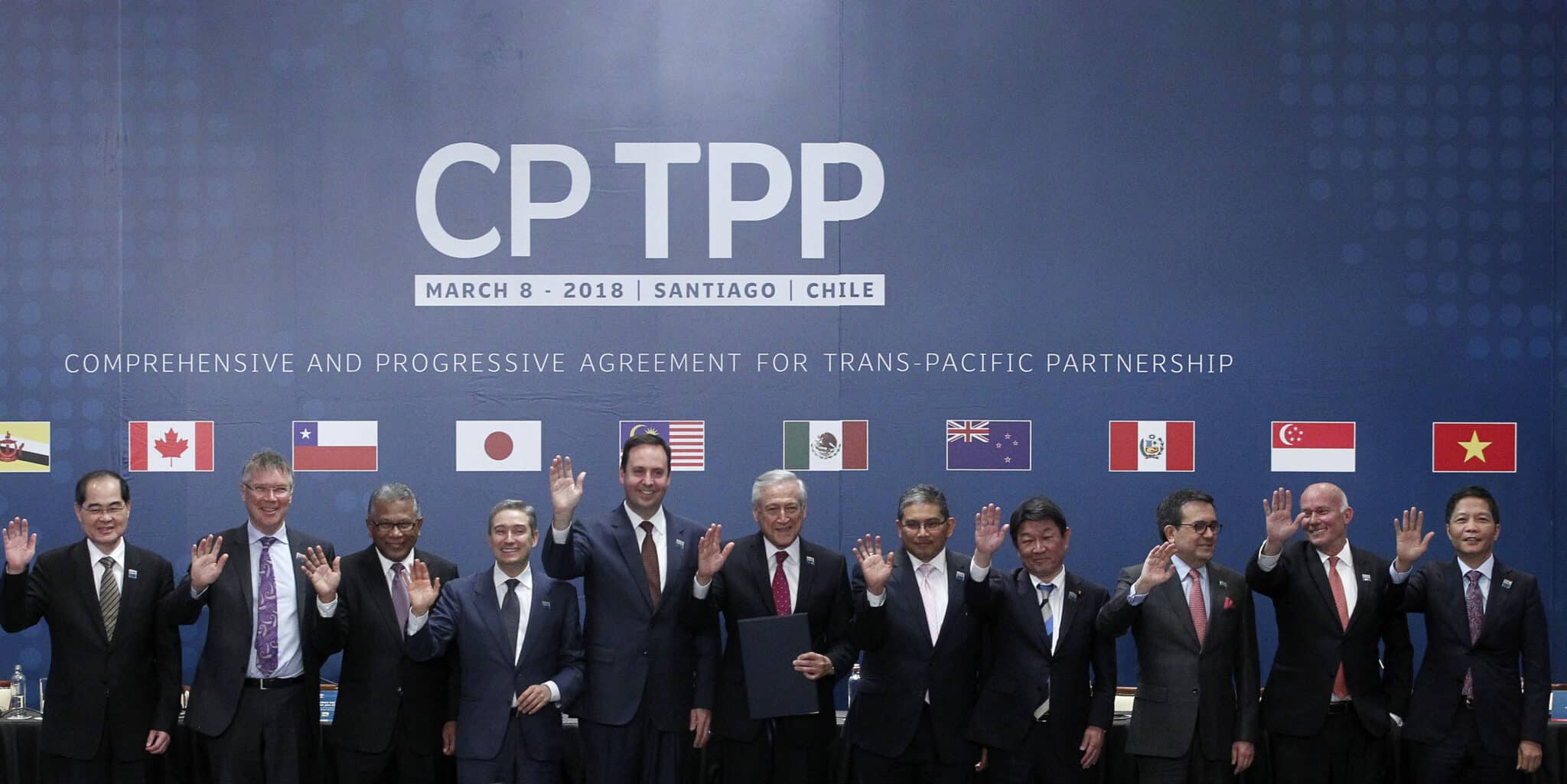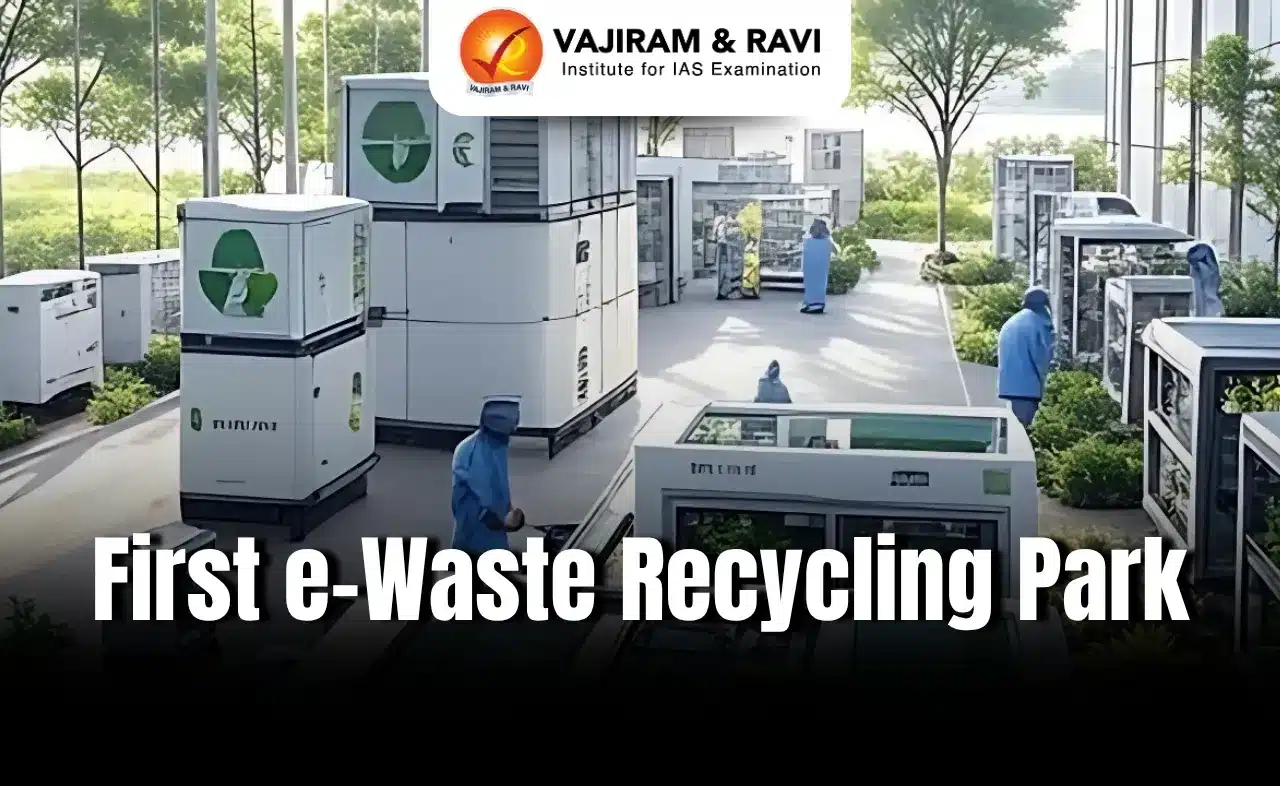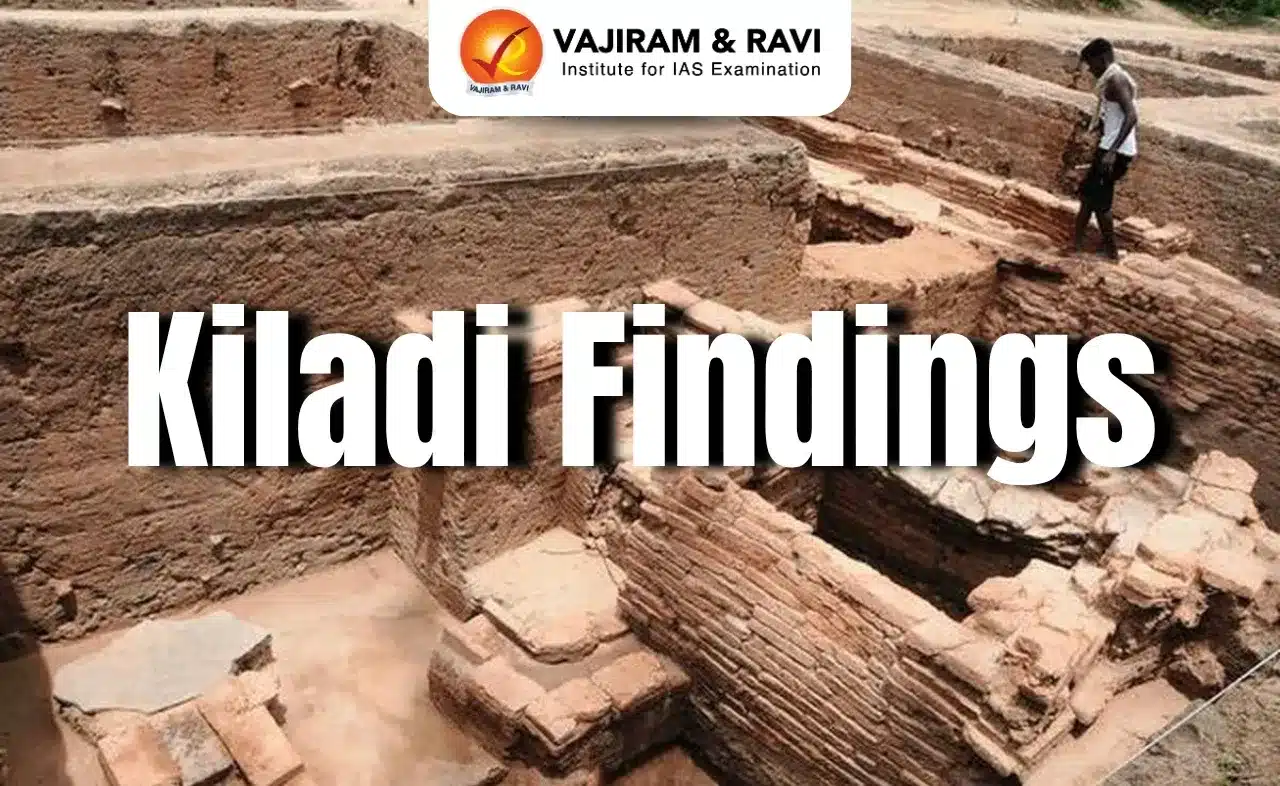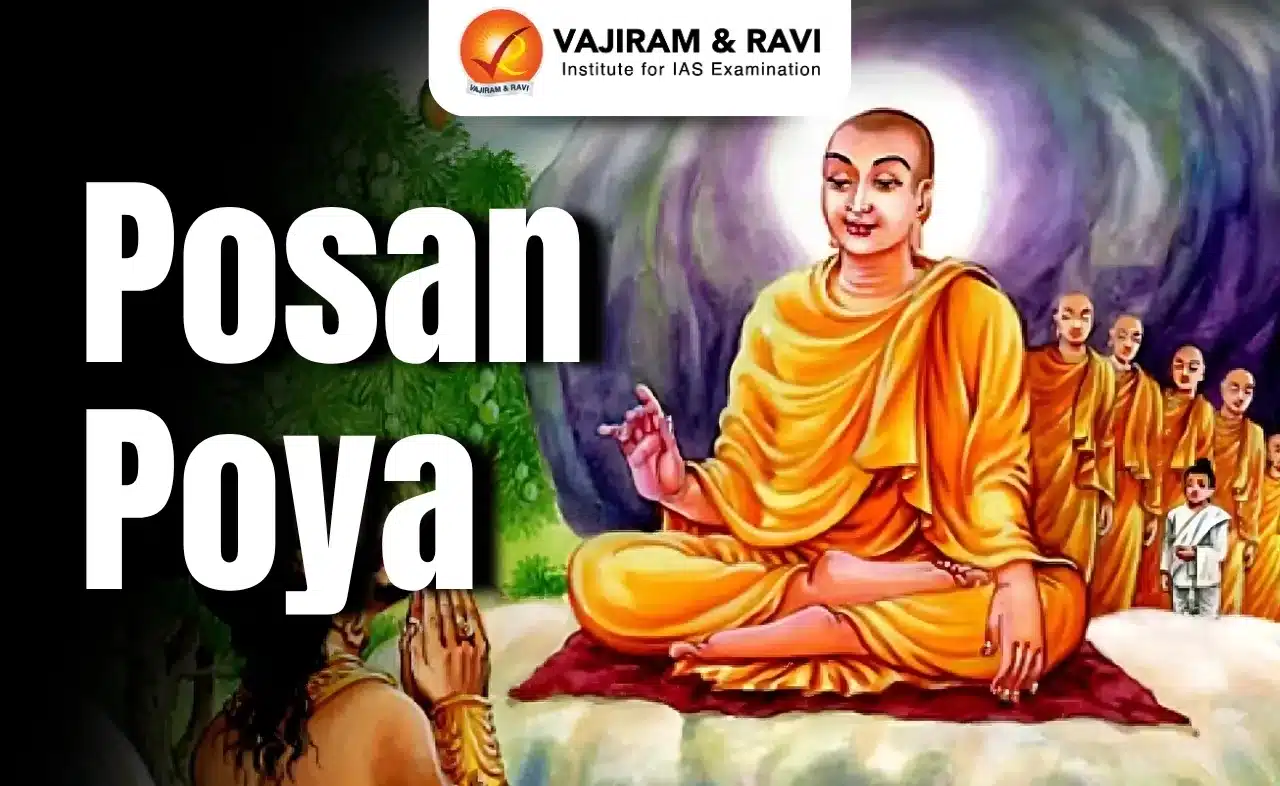About Comprehensive and Progressive Agreement for Trans-Pacific Partnership (CPTPP):
- It is a free trade agreement (FTA) between 11 nations: Australia, Brunei, Canada, Chile, Japan, Malaysia, Mexico, New Zealand, Peru, Singapore and Vietnam.
- It was signed in March 2018.
- It succeeded the Trans-Pacific Partnership (TPP) after the United States withdrew from the TPP in 2017.
- All 11 countries of CPTPP are members of the Asia-Pacific Economic Cooperation (APEC).
- The rights and obligations under the CPTPP fall into two categories:
- Rules: for example, on how countries should make new food safety regulations or whether they can ban the transfer of data to other CPTPP members. These are the same for all CPTPP parties (including any new members that may join).
- Market access: how far each CPTPP member will cut its tariffs, open up its services markets, liberalise visa conditions for business travellers, and so on. Each member has its own schedules of commitments. In some cases, the commitments are offered to all other members, while in others, they are restricted to specific negotiating partners.
What is the Asia-Pacific Economic Cooperation (APEC)?
- It is a forum of 21 Asia-Pacific economies established in 1989.
- Members: Australia; Brunei Darussalam; Canada; Chile; People’s Republic of China; Hong Kong, China; Indonesia; Japan; Republic of Korea; Malaysia; Mexico; New Zealand; Papua New Guinea; Peru; the Philippines; the Russian Federation; Singapore; Chinese Taipei; Thailand; the United States of America; Vietnam.
- It seeks to promote free trade and economic cooperation throughout the Asia-Pacific region.
- The APEC Secretariat, headquartered in Singapore, provides advisory and logistic services as well as research and analysis.
- APEC decisions are reached by consensus, and commitments are made on a voluntary basis.
Q1) What is a Free Trade Agreement (FTA)?
A free trade agreement is a pact between two or more nations to reduce barriers to imports and exports among them. Under a free trade policy, goods and services can be bought and sold across international borders with little or no government tariffs, quotas, subsidies, or prohibitions to inhibit their exchange.
Source: UK formally agrees to join major Indo-Pacific trade bloc, marking largest post-Brexit deal
Last updated on June, 2025
→ UPSC Notification 2025 was released on 22nd January 2025.
→ UPSC Prelims Result 2025 is out now for the CSE held on 25 May 2025.
→ UPSC Prelims Question Paper 2025 and Unofficial Prelims Answer Key 2025 are available now.
→ UPSC Calendar 2026 is released on 15th May, 2025.
→ The UPSC Vacancy 2025 were released 1129, out of which 979 were for UPSC CSE and remaining 150 are for UPSC IFoS.
→ UPSC Mains 2025 will be conducted on 22nd August 2025.
→ UPSC Prelims 2026 will be conducted on 24th May, 2026 & UPSC Mains 2026 will be conducted on 21st August 2026.
→ The UPSC Selection Process is of 3 stages-Prelims, Mains and Interview.
→ UPSC Result 2024 is released with latest UPSC Marksheet 2024. Check Now!
→ UPSC Toppers List 2024 is released now. Shakti Dubey is UPSC AIR 1 2024 Topper.
→ Also check Best IAS Coaching in Delhi






















